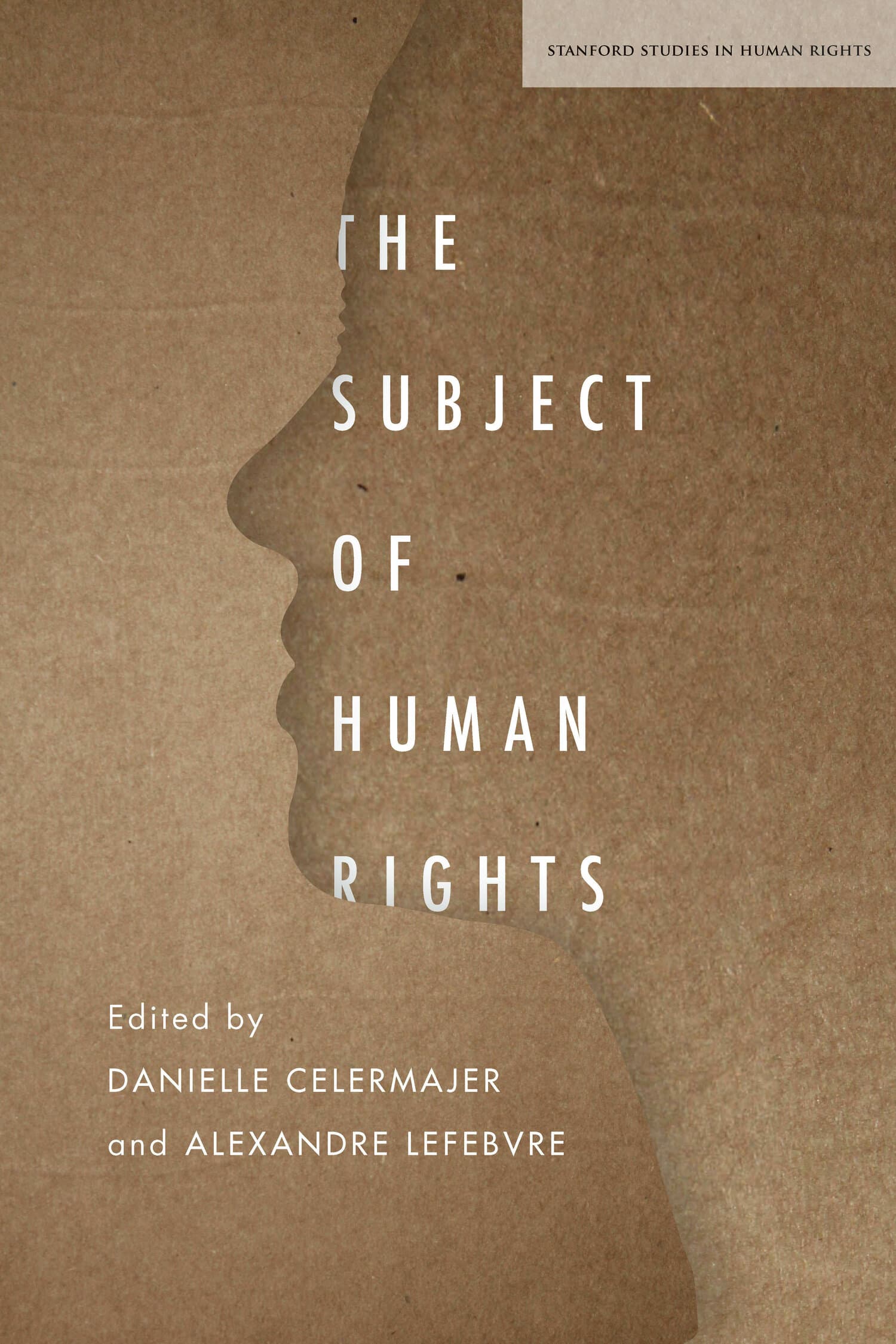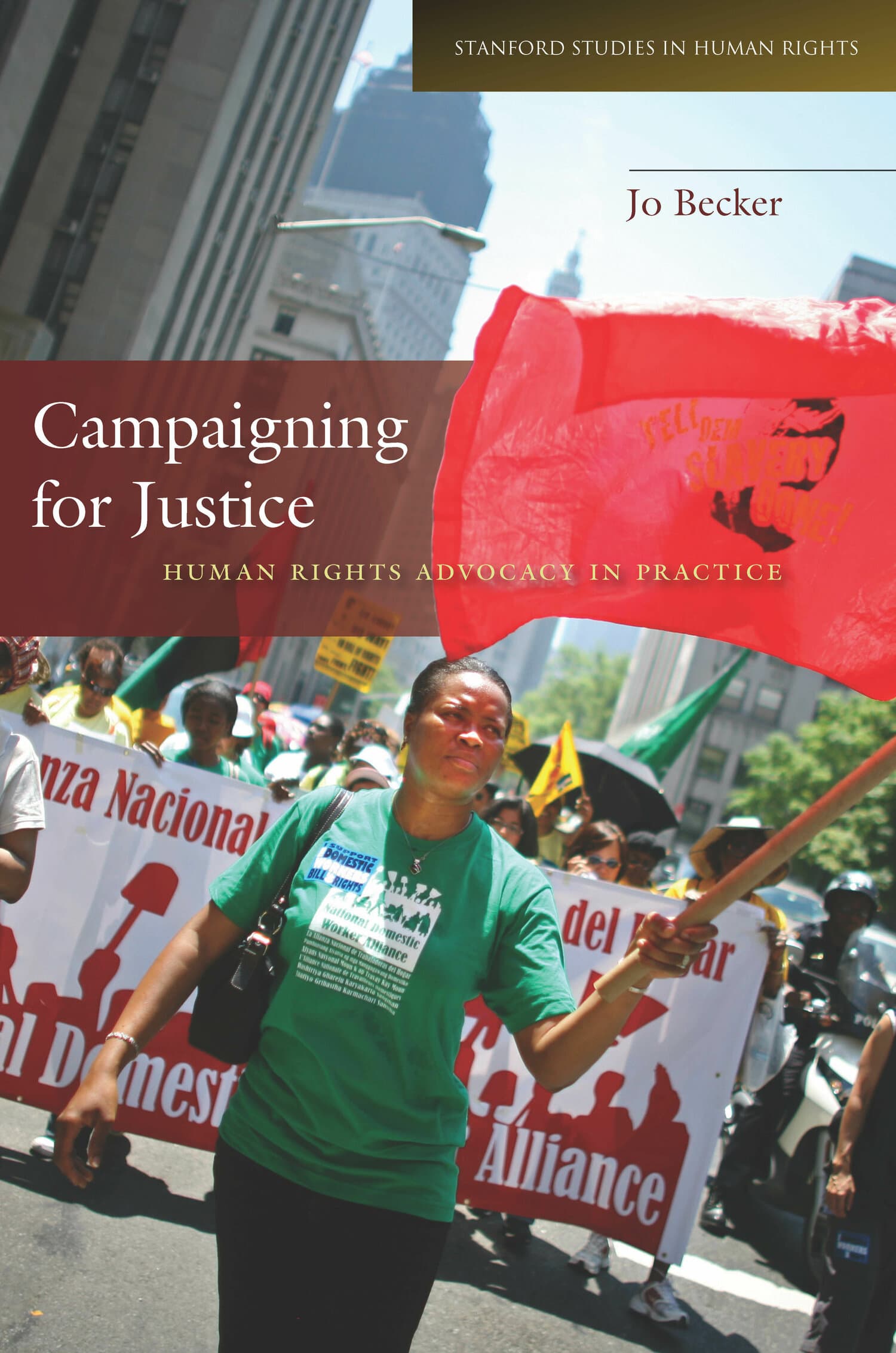Human Rights for the 21st Century

A new moral, ethical, and legal framework is needed for international human rights law. Never in human history has there been such an elaborate international system for human rights, yet from massive disasters, such as the Darfur genocide, to everyday tragedies, such as female genital mutilation, human rights abuses continue at an alarming rate. As the world population increases and global trade brings new wealth as well as new problems, international law can and should respond better to those who live in fear of violence, neglect, or harm.
Modern critiques global human rights fall into three categories: sovereignty, culture, and civil society. These are not new problems, but have long been debated as part of the legal philosophical tradition. Taking lessons from tradition and recasting them in contemporary light, Helen Stacy proposes new approaches to fill the gaps in current approaches: relational sovereignty, reciprocal adjudication, and regional human rights. She forcefully argues that law and courts must play a vital role in forging a better human rights vision in the future.
"This accessible overview of human rights institutions and current international law dilemmas uses historical, normative, and practical analyses to offer fresh responses to standard critiques. A worthy counterpoint to other recent scholarship, it advances original arguments for conceptualizing and institutionalizing international human rights." —Martha Minow, Harvard University
"This fundamental and timely book responds to the pressing need among international lawyers and human rights advocates for a stronger theoretical foundation to support international human rights law. With its incorporation of both recent and ongoing controversies, it may be expected to have an influence on the actual resolution of existing disagreements." —M.N.S. Sellers, University of Baltimore
"This immensely valuable overview of human rights theory and practice offers imaginative recommendations for further developing institutions, including regional human rights regimes and 'hybrid' courts. Stacy confronts head on the principal challenges to human rights development in the 21st Century and displays an amazing grasp of the diverse roles of international human rights initiatives from both a political and a legal perspective." —Tom Campbell, Charles Sturt University, Australia




